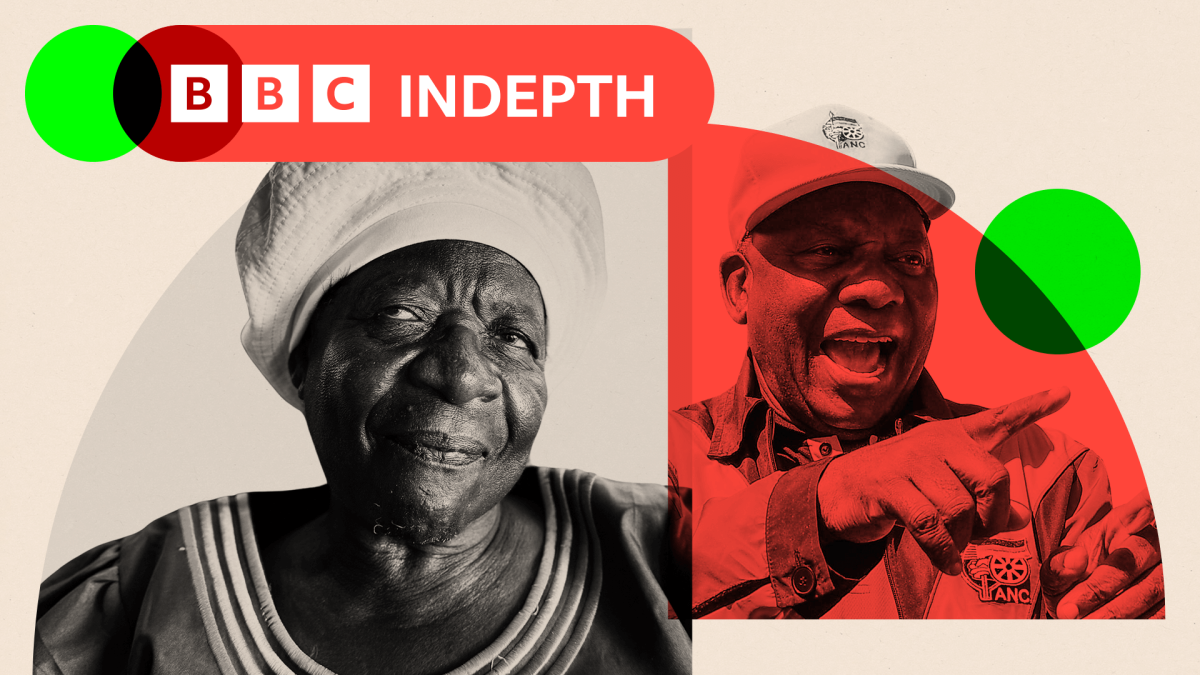“They were shadowy figures, moving beyond the glow of small fires on a winter morning. Little did I know then that I was about to witness one of the most remarkable sights during my time in South Africa. In this part of the country, winter is a harsh, dry season that scorches the veld brown. The ground is as hard as flint, and when the wind sweeps across the plains, dust blankets the squatters and their belongings.
I could hear the sound of digging, and as I approached, I saw a woman vigorously hacking at the ground. Nearby, other men and women were engaged in the same task, using old garden tools, machetes, and whatever they could find to create holes. They would then fill these holes with pieces of plastic, tin, and wood.
Curious, I asked the woman what they were doing. “We are concealing our shacks,” she replied. This was a squatter camp outside Johannesburg in 1994, as South Africa was on the brink of its first non-racial elections.
Witnessing that historic vote in a nation scarred by apartheid was truly a humbling experience. The elderly, who were among the first voters, quietly cast their ballots, propelling history forward.
Three decades later, South Africa has transformed significantly. Democracy has persisted, and the fear and racism of the past have dissipated. However, there is widespread disillusionment with the ruling African National Congress (ANC), which has been in power since Nelson Mandela became the country’s first black president.
The woman who was hiding her shack introduced herself as Cynthia Mthebe. Her story has remained with me for over 30 years. As the sun rose, the squatter camp vanished beneath the ground, leaving only people wrapped in blankets around dwindling fires.
Cynthia, a mother of seven, used to scavenge tin cans at rubbish dumps to feed her family. Despite facing tear gas and rubber bullets, she and the other squatters returned to their buried homes every evening, as there was nowhere else to go.
The narrative of Cynthia’s life echoes the struggles of millions of South Africa’s poorest citizens. Born on a white-owned farm in 1946, she endured the horrors of apartheid, where racial discrimination was enshrined in law.
As South Africa approaches its 2024 elections, I journeyed to Cynthia’s new home in Klipgat, far from the squatter camp we first met in. Mandela has passed away, and the ANC’s popularity is waning due to corruption and poor governance.
Cynthia, now blind and diabetic, lives in a house built by her children through their hard-earned wages. Despite receiving a small welfare grant, Cynthia relies on her children, especially Doris, to survive.
Frustrated with the government’s failure to alleviate poverty and create jobs, Cynthia expresses her disillusionment with the ANC. Despite her hardships, she remains resilient, fighting to provide for her family in a country still plagued by inequality.”

